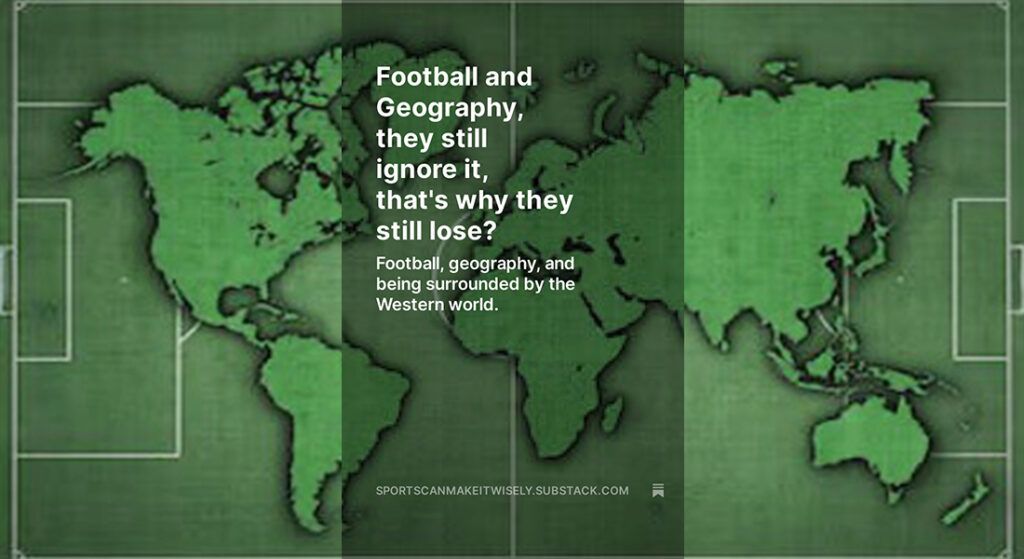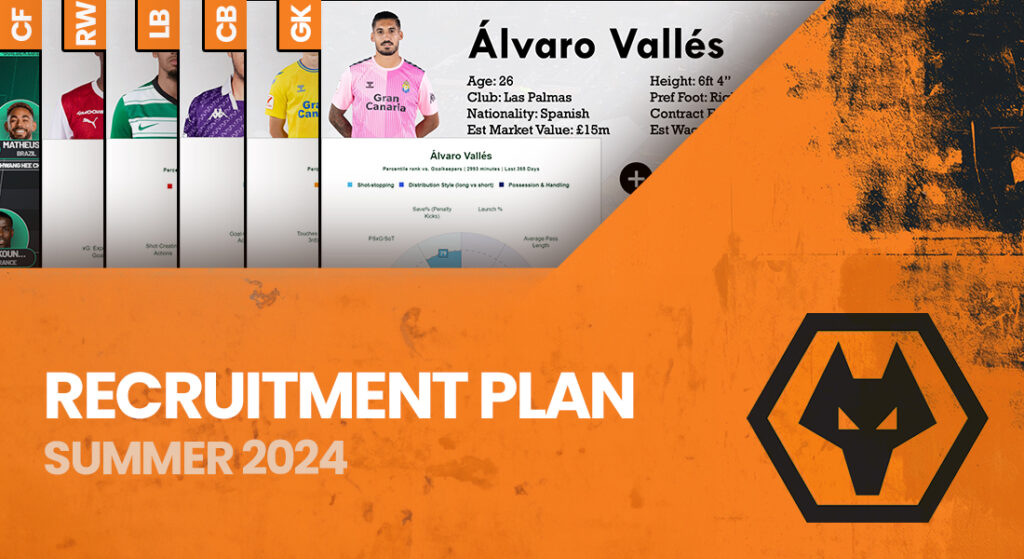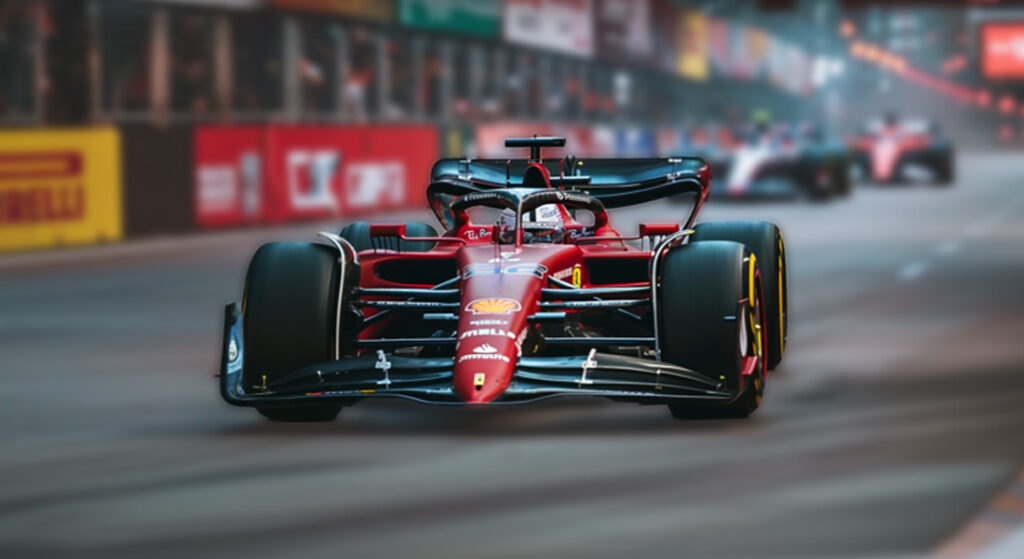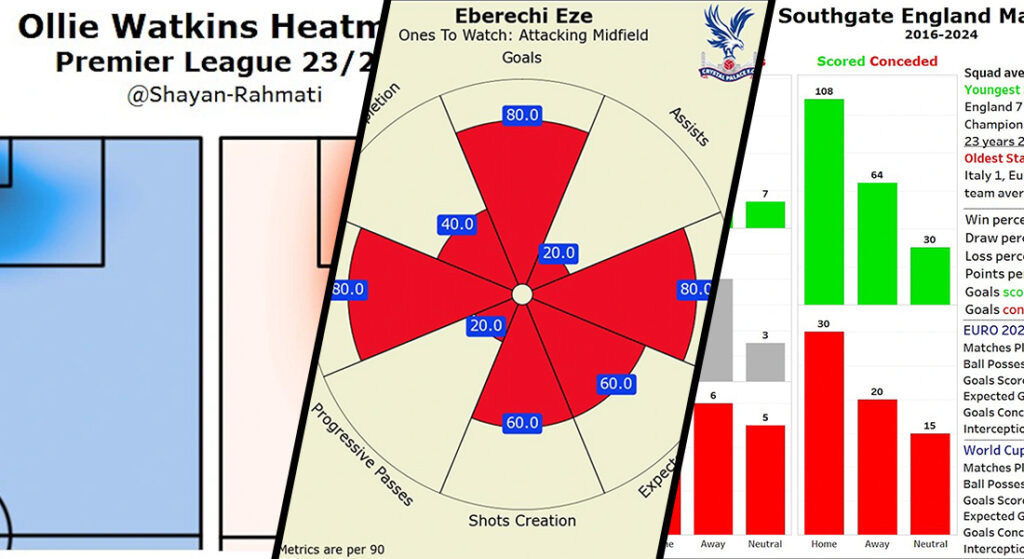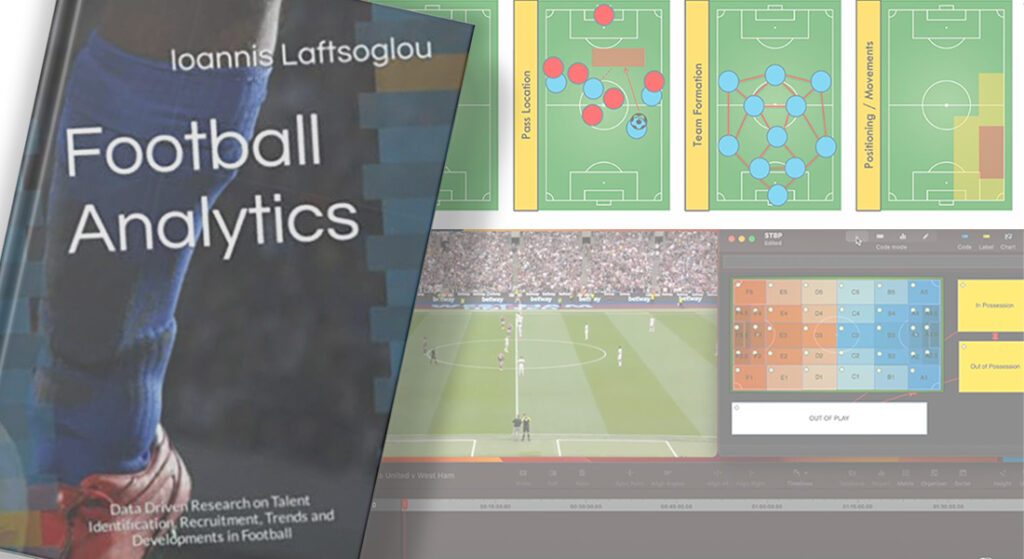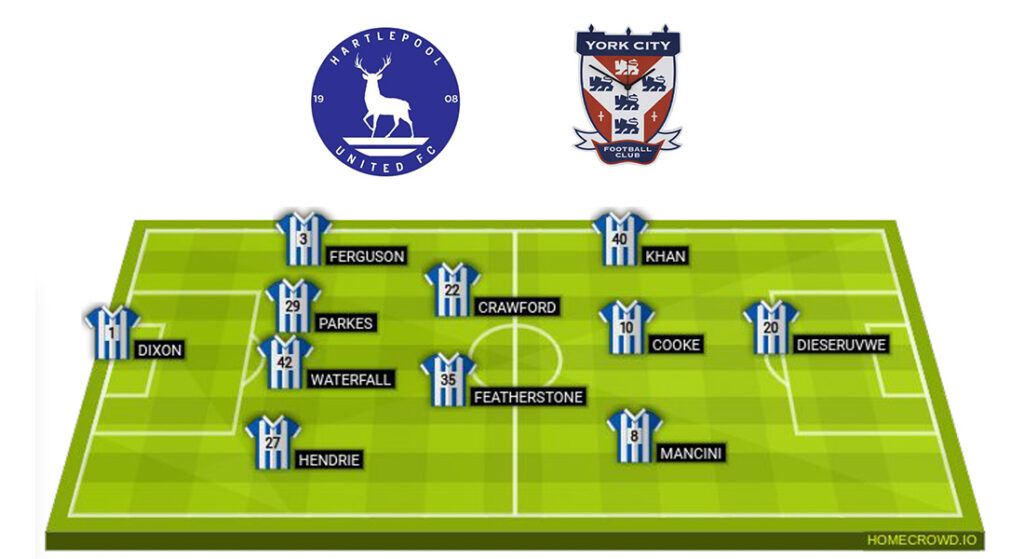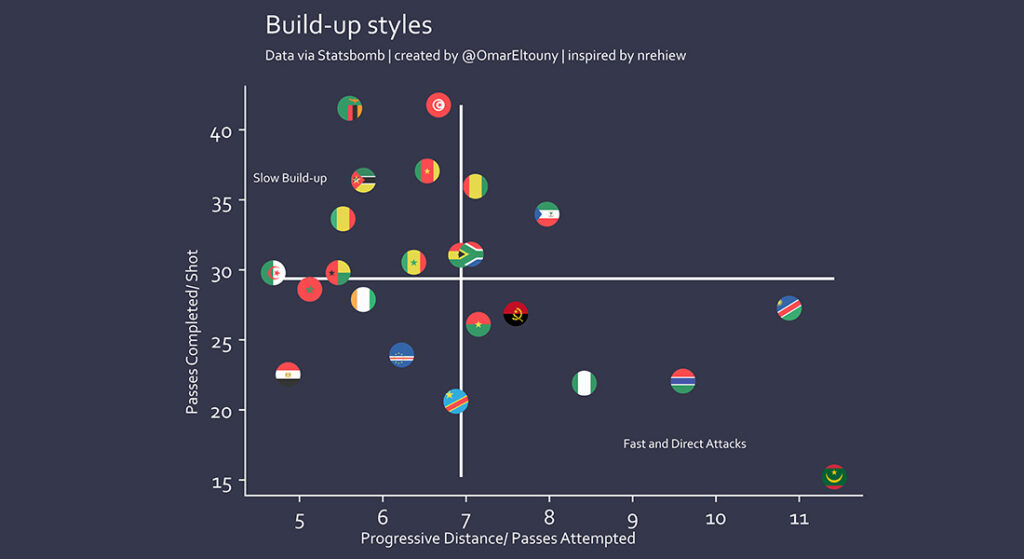Football, geography, and being surrounded by the Western world
Throughout my life, I’ve immersed myself in the world of football, observing and learning from the beautiful game across various continents. This journey has allowed me to witness the diverse philosophies individuals and nations bring to the sport.
The most thrilling part is that the game is reinvented with every World Cup, with each country bringing its unique strategy and style, making the tournament a global spectacle of football evolution.
It’s interesting; I’ve always thought that Tunisia played similarly to Italy over the years, almost considering them as the African equivalent of Italy’s ‘catenaccio’ in their approach to the AFCON and World Cup qualifications. Perhaps their proximity to Italy influenced this?
But I said, “Remember, a Ball travels quicker than a man and a brain can cover legs.”
I aim to delve into the profound influence of geography on football and how it has shaped the game’s evolution worldwide. This includes the role of ports in fostering recreational activities, the establishment of FIFA, and the diverse participation of countries in the sport.
Do you believe that Pélé and Maradona’s exposure has opened the eyes of multiple European clubs to the fact that there are other talents on the other side of the globe instead of Europe?
Yes, that’s why the geographic dynamic in football began?

Well,
What if the Bosman rules and broadcasting soccer on TV didn’t exist?
Watching the best players from different origins through TV cable and the spread of social media footage in the early 20s changed the perception and idea of how football is played and viewed by the rest of the world.
But never forget to thank the Bosman Rule, which allowed the international mercato trade between clubs over the sea to improve:
- Freedom of movement: Everybody wants to move to the best countries in terms of career, social life, and economic reasons. The Bosman ruling established the principle of freedom of movement for football players within the European Union.
- Increased Player power: Players became free agents at the end of their contracts, allowing them to seek better terms, higher wages, and more favorable playing conditions with other clubs.
- Impact on the transfer market: The Bosman ruling transformed the market by eliminating fees for out-of-contract players within the European Union. You would never see Maradona play for Napoli and Barcelone from Argentina.
The Bosman ruling was a game-changer, contributing significantly to the globalization of football. It enabled players to move more freely between clubs and leagues, fostering diversity and competition within European football.
Besides that, it may be a surprise, but geography plays a significant role in football.
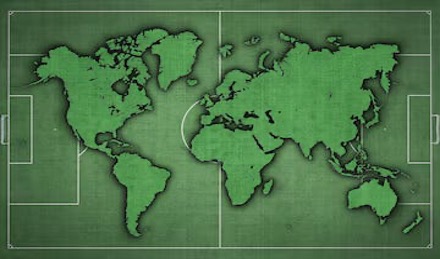
As we say in life, surround yourself with the best and rub shoulders with the best; you will eventually become like them.
There is so much negligence in the football industry about the impact of being close to Western countries, making the beautiful game as great as ever.
For a long time, I kept asking myself so many questions about why every time you see in the World Cup semi-finals at least one Western country, such as France, Netherlands, Italy, Germany, and recently England, Spain, Portugal, and of course the big giant nations of football in Latin America like Brazil(the most titled), Argentina, and Uruguay, challenging those Europeans but in a braver way.
Of course, as an African, I saw Senegal, Cameroun, and Ghana in the quarter-finals of a World Cup with a Western manager and a bunch of players already playing decent professional football in Europe, doing well even with their cultural football heritage from France and England.
In Qatar 2022, Morocco was nailing it at the top by beating its Western European neighbours Portugal and Spain in the knockout stage of the World Cup—a semi-final stage never reached by an African or arab country.
One day, I shared with my classmates that during the World Cup 2022, Morocco would outplay Portugal and Spain. My conviction was strong; competing with top football nations elevates your game by proximity. After all, one tends to learn from the neighbors’ actions. I keenly observed the similarities in football identities, such as structural organization, the low block they had from Portugal, one-touch play copied from Spain, and the “Caliente” & “ich ich” player profiles (indeed, Ounahi evoked memories of Iniesta for me).
However, they failed to grasp the intricate details of football I discussed. To them, it was merely Cristiano Ronaldo facing an underestimated North African team taking its chance.
My point of view was disregarded, even though I had only shared it once.
Being close to the Western football powerhouses is vital for acquiring talent. The nearer you are to these centers, the more you can absorb their football expertise and strategies, and the better you can harmonize with their football philosophy.
This proximity creates a cycle that disseminates football knowledge. It involves reverence and sharing ideas, exemplified by seminars for managers and technical directors focused on a common theme: football.
Interesting tidbit: While in Senegal, I spoke with several grassroots football academy coaches and youngsters who had the opportunity to travel to Morocco, France, or Italy for international tournaments or who received invitations to play against various academies or local clubs there.
The feedback consistently suggested that we must match their football level in tactics, discipline, game strategy, facility enhancements, and professionalism. This is why they developed complexes and found it challenging to emerge as formidable opponents, yet they competed with bravery.
The affirmative response to that resolution involved travelling more to those countries, participating in more tournaments, and having coaches who could learn from them to bridge their knowledge gaps.
Nevertheless, they maintained the belief that they surpassed them in pure football quality, intensity, and bravery. The missing pieces of the puzzle were football education and foundational knowledge.
My response was, “Okay.” Since day one, I have been contemplating whether my thoughts are correct.
Here we are :
When I discovered UEFA had established the Nations League competition, I couldn’t help but laugh and see their point.
In 2018, I was lounging at home in Lille, France, when I came across an article announcing a new “International football competition” by UEFA.
Their rationale: The competition was designed to supplant international friendly matches (which made me chuckle; they weren’t mistaken, right?!) with competitive games, offering national teams more significant matches beyond major tournaments like the UEFA European Championship and the FIFA World Cup.
- From a business perspective, financial incentives such as increased games lead to more revenue for the federation and UEFA through more TV rights, ticket sales, and sponsorships, as competitive matches tend to draw more viewership and higher attendance than friendlies.
- Secondly, there’s a desire to play against each other to become stronger and maintain an edge. It’s recognized that the more interaction there is with Tier South countries, the more they learn from them.
The reason is that traditional friendlies lack the intensity and competitive edge, resulting in less engaging matches.
- Thirdly, Preparing for Major Tournaments: The Nations League provides an extra route for qualification to the UEFA European Championship, enhancing the opportunities for smaller nations to compete in significant tournaments and thus fostering inclusivity.
Understanding this, it becomes clear that certain countries or football continental organizations must thoroughly analyze and pose critical questions regarding their difficulties in competing effectively in the World Cup.
Even if European countries have more teams participating, which is expected because they set up the beautiful game while other countries had other preoccupations.
Here are reasons why the world of football and sports must pay attention to the importance of proximity and knowledge transfer in fast-changing new trends of footballing ideas.
- The realm of Western European football stands as a citadel of expertise, embodying the pinnacle of the beautiful game.
A country’s excellence in football is based on its culture of possessing a great manager and a pioneer of football identity and philosophy: Italy, France, the Netherlands, and Germany.
Over the years, football has evolved into a showcase of artistry, with innovations and reinventions in playing styles, such as the Voetbal of the Netherlands from early 1992 to 1996 and Italy’s Calcio with Catenaccio until 2000.
Between 2000 and 2004, France redefined its football identity with speed and the role of the number 10. Portugal followed, strengthening its Futebol by solidifying the game’s structure until 2008. Spain introduced the fútbol of Tiki-Taka and the False Nine in 2012. Subsequently, Germany introduced its Fußball with Gegenpressing and vertical play, culminating in their World Cup victory in 2014.
Since 2016, England’s “football DNA,” a blend of various styles in the Premier League, has benefited the national team, aiming to bring a trophy home for the first time since 1966.
An intriguing aspect is that each transformation in playing style aimed to gear up for a major tournament, such as the Euro or World Cup. These strategic shifts often proved successful, as evidenced by trophy wins through football innovation; France clinched the Euro 2000, Spain triumphed in the World Cup 2010, as well as the Euros in 2008 and 2012, and Portugal’s tactical use of their wingers as a threat led to their victory in the Euro 2016 held in France…
The globalization of football has not erased disparities in levels of play and advancement, including investment in facilities, tactical evolution, youth development, sports science, and professional management. Nations from Africa, Asia, and South America are acknowledged to exhibit incredible courage and resolve in the World Cup to achieve remarkable feats against the dominant Western teams.
In the 2002 World Cup, Senegal, under the guidance of French coach Bruno Metsu, triumphed over France, the 1998 World Cup champions… Owing to their geographical proximity, the most accurate cultural exchange in football occurred between Morocco, Portugal, Spain, and France.
I am sharing this gem regarding the influence of geographical closeness on football.
As an enthusiast of the Moroccan youth football academy, I have had the opportunity to witness and partake in numerous tournaments across Spain, Portugal, and France.
- With its Mediterranean border and proximity to the western stronghold of the beautiful game, Morocco presents a unique correlation: it is a strategic point where cultures and passions converge.
Consider the case of Morocco, a country on the Mediterranean border, and its achievement in reaching the World Cup semi-finals as the first African and Arab nation. This was made possible by a Moroccan coach born in France and trained in a Western country, France, and most of the Moroccan players are born in the diaspora. They had the highest number of foreign-born players (14 out of a squad of 26), including members of the Moroccan diaspora from Spain, France, Belgium, the Netherlands, and Italy.
It is a coincidence but merit for the Moroccan teams, even for the local players and federation, because, in a foot ballistic way, they will familiarise themselves with the culture of football philosophy of Spanish and French (even if they lose against them), and Portuguese football because of the network and culture of football sensitiveness by being not far away from them in a geographical position.
As I said, the closer you are to those who do good and excellent in their industry, the more you want to learn and transform as magic you will do.
I went to Morocco in 2017 and Spain in 2019. Morocco is taking an advanced approach to investing in soccer and is trying the Spanish youth development system model. The notice concerned the Mohamed VI Sporting Complex, a project to become a central hub for African football and sports.
Investment in Local Talent: Morocco’s success likely resulted in heightened investment in its football infrastructure and youth development, driven by the desire to sustain and enhance its global competitiveness.
Coaching and Training Programs: The triumphs ignited interest in Moroccan coaching techniques and player development initiatives. European clubs and academies may look to forge stronger partnerships with their Moroccan counterparts, exchanging knowledge and resources.
Player Development: Prestigious European clubs, particularly those in Spain and Portugal, might actively scout and nurture young Moroccan talent, offering them access to superior training facilities and the challenge of Europe’s competitive leagues.
WANT TO BUILD A PORTFOLIO?
Qatar 2022?
“Achraf Hakimi’s Journey: Born in Madrid to Moroccan parents, Hakimi’s rise from the streets of Madrid to international fame with the Moroccan national team embodies the cultural exchange and dual identity experienced by many Moroccans in Europe. His performance culminated in Morocco’s elimination of Spain from the World Cup 2022.”
- The overlooked network of football: The impact of Brexit on England’s football expertise.
Being close to the elite of Western football allows for continued greatness and learning in the sport. Despite England’s historical shortfall in producing top-quality football coaches, the influx of premier footballers to the Premier League, driven by the financial power and entertainment value of a diligent organization that revolutionized the game in 1992, has elevated the skills of English players, ultimately benefiting the national team, the Three Lions.
The enhancement of English players can be attributed to competing alongside and against top international talents in Premier League clubs, complemented by the foundational work of academies and FA educators in revamping the national team and nurturing skilled players.
However, the flip side features foreign managers from Western countries, such as the Spaniards (Guardiola, who dominates the league; Arteta and Unai Emery), Italians (Ranieri and Carlo Ancelotti, who won the PL with Leicester City and Chelsea), the ‘invincible’ Arsenal under Frenchman Arsene Wenger, Portugal’s José Mourinho with his influential defensive tactics, and German tacticians like Jurgen Klopp with his Gegenpressing at Liverpool and Thomas Tuchel’s Champions League triumph with Chelsea.
These exceptional international managers have significantly influenced the philosophy of English football.
It’s known that English players seldom venture to play in other European leagues. Often, they must disprove the doubts of English clubs, returning with hefty transfer fees (as seen with Sancho, Tomori’s affirmation in Milan, and Bellingham’s eventual return from Real Madrid).
The situation is similar for managers; England has not yet produced a high-calibre coach who excels in the Premier League (apart from Sir Alex Ferguson, who is Scottish) and has faced challenges finding a competent local coach for the national team since Gareth Southgate.
This indicates that England was not actively exchanging football knowledge with other Western European nations, though this is now improving.
In my view, a footballing nation that aims to establish and disseminate its football philosophy and identity must:
- Produce qualities managers like Italy and Spain are doing
- The national team’s coach has to be a local(no need for a Fabio Capello)
- The league (1st Division) has to be dominated by the local managers(which is not the case yet in Premier League)
Envision a scenario where English football executives refuse to embrace international investors and refrain from appointing foreign managers, contributing to the Premier League’s allure. This resistance could lead to the overseas global expansion of English football without necessitating the relocation abroad.
The scouting landscape is evolving, with an expanded reach and access to uncover top talent through FOOTBALL MAPPING.
The most successful clubs and national teams have extensive scouting networks and the financial means to travel and scout talent beyond their local vicinity. In contrast, some clubs are confined to their immediate area, while others leverage the diversity of their national teams and focus on their diaspora abroad. This is evident in the policies of Morocco and Senegal over the past five years, which aimed to persuade dual-nationality players born in Western Europe, who benefit from superior football development, to play for them.
The term “football mapping” transcends the need to be located near the football-dominant Western European countries. It’s a method that employs geographic mapping to pinpoint where the best football talents can be found. Thus, football mapping is essential for identifying and fostering talent across various regions. This method entails comprehending the geographic distribution of football talent and devising strategies to harness these resources effectively.
The World Cups from 2014 to 2022 showcased this; even a small country like Belgium found innovative ways to compete with its larger Western neighbour.
Belgium’s Golden Generation:
Context:
Geographic Strategy: The resurgence of Belgian football in the 2010s is linked to a strategic talent identification and development approach. The Belgian FA made significant investments in mapping talent nationwide, recognizing the untapped potential within the tiny nation.
Localized Academies: The FA set up academies and training centers in different regions to ensure that young players, regardless of location, had access to premier facilities and coaching.
Outcome:
Success Stories: This strategy yielded world-class players such as Kevin De Bruyne, Romelu Lukaku, and Eden Hazard, originating from various parts of Belgium. For example, De Bruyne began his career at KRC Genk, while Lukaku honed his skills at Anderlecht.
The Cultural Connection between Players and the Nation that Shaped Border Boundaries: Geographical Networks in Football
The cultural link between players and their countries, facilitated by geographical networks in football, plays a significant role in shaping the global football landscape. This dynamic often helps transcend border boundaries, fostering stronger connections and influencing football development in various regions.
Even if in real life it’s about culture, for example, if you speak French, Spanish, or English, it’s easier for you to prefer to travel to France, the UK, the US, or Spain for study experience, work experience, or an economic situation move for better living because of the facility to speak those languages or having the cultural ease for better integration in that country and communities.
Well, that is the same in football, for players, managers, clubs, or teams to favour the geographical culture they are familiar with to play football, manage teams with language ease, and scouting network.
But …
The geographic dynamics of football can illustrate this point:
However, a Ukrainian club named Shakhtar Donetsk has been a launchpad for Brazilian talent to enter the top European leagues. The geographical dynamics, including the targeted scouting in Brazil and the supportive environment for Brazilian players, have significantly contributed to this successful model.
- Creating a Strong Scouting Network: Shakhtar has built a solid scouting network in Brazil, enabling them to spot promising talent early on.
- Being an Attractive Destination: Despite geopolitical challenges, Shakhtar’s achievements in the Ukrainian Premier League and consistent presence in European competitions have made them a desirable destination for Brazilian players such as Willian, Fernandinho, Fred, and Douglas Costa, who have all succeeded before moving to larger European clubs.
- Making a Positive Environment: The club has fostered a welcoming atmosphere for Brazilian players, complete with a community and support system that helps them adjust to a new and colder country and league.
Takeaway
The importance of Geography (the phenomenon of more I am close to those doing best in their domain, likewise football here).
What to learn here is that sharing knowledge and inland experience has a cultural impact, even if it is geographically far from the colonial past French language they shared. An example of Senegal and France in terms of football exchange fits the narrative, as, during the World Cup 2002, Senegal beat France with 11 players, all playing for the French Ligue 1 with a French coach. Five hours by travel, the first destination of Senegalese players and their diaspora, made that relevant.
Therefore, the most relevant in terms of geographical proximity is when we learn from the neighbours. The trio Morocco, Portugal, and Spain is the best one as they featured each other twice during the World Cup in Russia in the Group stage with really tight games and in 2022 in Qatar when Morocco knocked out Spain and Portugal in a classic way.
Fair enough, Morocco did their homework and prepared to beat the masters in football identity, proximity benefit to learn about the neighbours about their style of football and through the transfer of networking knowledge of the beautiful game.
Keep an eye on Senegal and Morocco’s future. Suppose they correctly perceive the importance of football geography and exploit the knowledge transfer well by investing in sports performance, quality facilities, and coaching workshops to shape their football identities. In that case, they will become the first African World Cup winners in the coming year.
We always want to know what the best neighbours in class are doing if you find ways to improve and learn.
Change is imperative as approximately 40% of the world’s population resides between the tropics, a figure that is on the rise. Yet, the game continues to be controlled by countries outside this zone.
Paul Stanislas Dioh,(for the beautiful game)

Written by Paul Stanislas Dioh
Sports and soccer consultant, storyteller and analyst living the dream to share my thoughts

